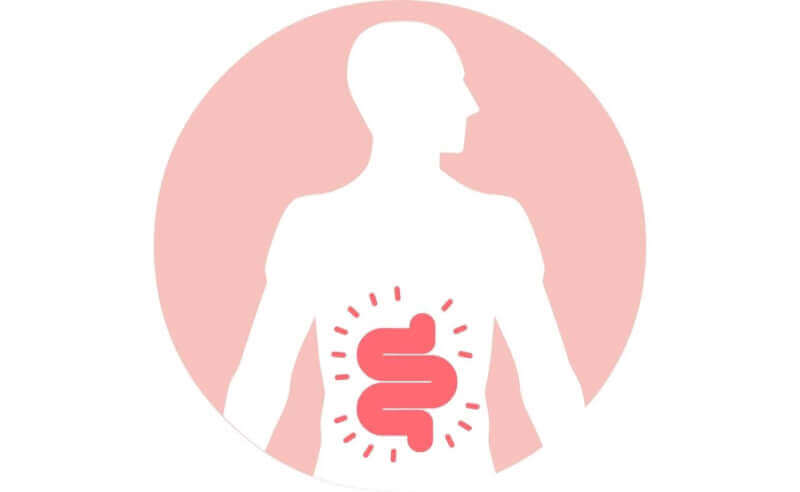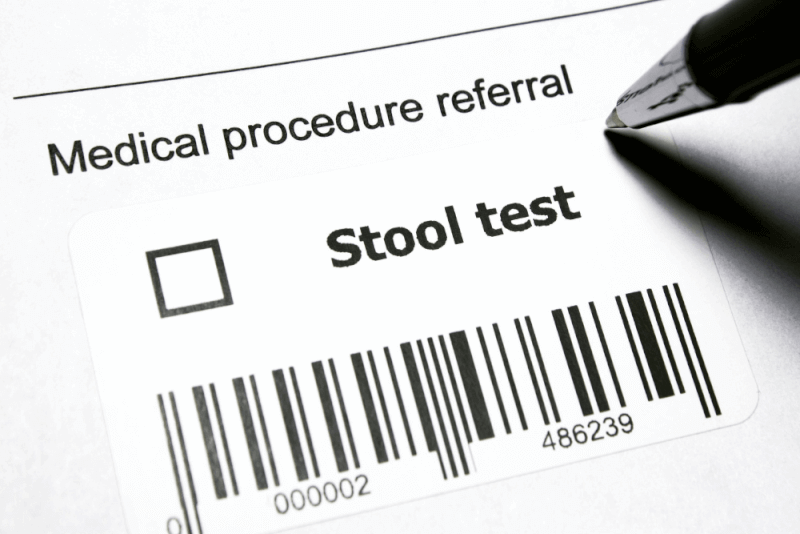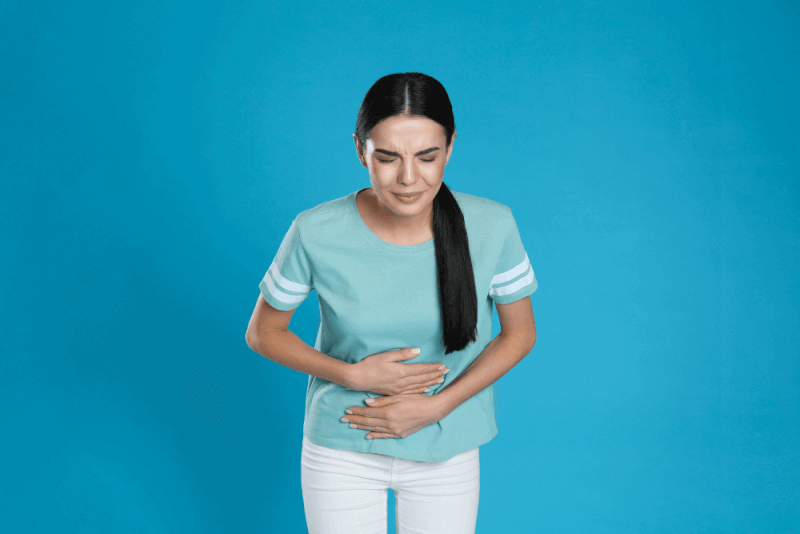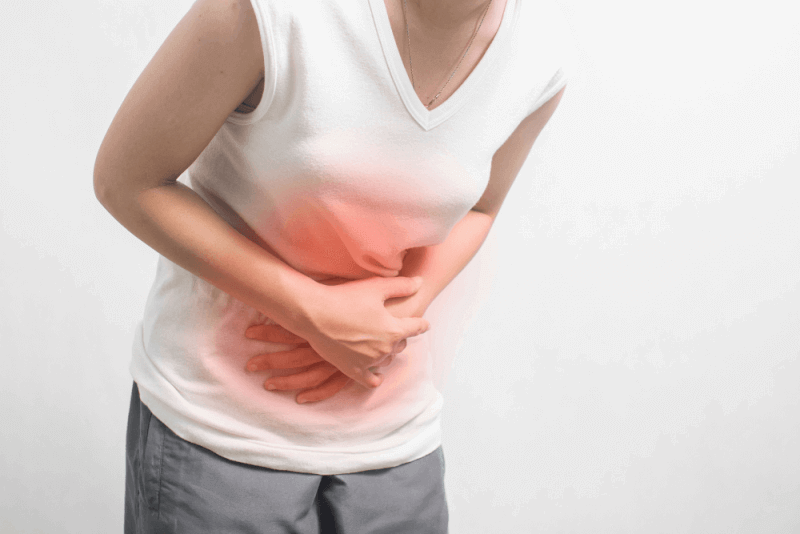What is Diarrhea?
Diarrhea means loose, watery stools during a bowel movement. This health condition, which affects children as well as adults, usually resolves on its own within a few days. If it does not improve during this period or if other symptoms such as fever and bloody stools are observed, treatment is necessary.
It is generally a mild condition, so it usually requires only a few trips to the bathroom during the day. However, in some cases, diarrhea can be a sign of a serious condition. Excessive fluid loss and inadequate nutrient absorption can occur due to diarrhea. Therefore, it is important to know the points to be careful about diarrhea and when to see a doctor.
Types of Diarrhea
Diarrhea is classified into different types based on its duration.
Acute Diarrhea
Acute diarrhea lasts 1 to 2 days. Acute diarrhea, the most common type of diarrhea, usually resolves on its own without treatment.
Chronic Diarrhea
Chronic diarrhea is defined as diarrhea that lasts more than 4 weeks or comes and goes regularly over a period. Such long-lasting diarrhea may indicate a serious condition that requires seeing a doctor.
Persistent Diarrhea
Persistent diarrhea is defined as diarrhea that lasts between 2 and 4 weeks.
Diagnosis Methods for Diarrhea
Most cases of diarrhea do not require treatment or diagnosis. In more serious cases, various tests will be performed to determine the cause. Before proceeding with tests, patients' medical history, family medical history, travel history, and possible patient contacts need to be identified. Afterward, doctors may request some tests, including the following:
- Blood tests to rule out specific conditions causing diarrhea
- Stool tests to check for bacterial infections and parasites
- Hydrogen breath tests to check for lactose or fructose intolerance and bacterial overgrowth
- Upper and lower digestive system endoscopy to rule out growths or other structural issues causing diarrhea, such as ulcers or tumors
Causes of Diarrhea
The main cause of diarrhea is viruses that infect the intestines, a condition called gastroenteritis. Gastroenteritis is also known as stomach flu or stomach bug. In addition, there can be many other causes of diarrhea.
Infections
Viruses, bacteria, and parasites can all cause infections leading to diarrhea. The most common cause of diarrhea in adults is norovirus, which causes gastroenteritis. In children, the most common cause of acute diarrhea is rotavirus.
Food Poisoning
It is possible to ingest harmful toxins and pathogens from contaminated food or drink. Once these foods enter the intestines, the toxins or microbes they contain can cause diarrhea. Additionally, travelers' diarrhea occurs when people travel to new environments with poor hygiene or sanitation. This type of diarrhea is often caused by exposure to bacteria.
Medications
Diarrhea is a common side effect of many medications. Especially with the use of antibiotics, both harmful bacteria and beneficial bacteria in the gut flora can be eliminated. A lack of sufficient good bacteria in the gut can cause diarrhea. Diarrhea can also be a side effect of magnesium-containing antacids and some cancer drugs. Finally, excessive use of laxatives can cause diarrhea.
Foods that Disrupt the Digestive System
People with lactose intolerance have difficulty digesting lactose, the sugar found in dairy products, which can cause diarrhea. Some people have trouble digesting fructose, a sugar found in honey, fruits, and added to foods as a sweetener. In celiac disease, the body has difficulty breaking down gluten, a protein found in grains, leading to diarrhea.
Diseases that Affect the Intestines
Diarrhea is a common symptom of conditions that cause irritation and inflammation in the intestines. These conditions include Crohn's disease, ulcerative colitis, and irritable bowel syndrome (IBS). Stress and anxiety can exacerbate symptoms in people with IBS.
Bowel Surgeries
Many patients experience diarrhea after bowel surgeries. It takes some time for the digestive system to absorb nutrients and solidify wastes after surgeries.
Symptoms of Diarrhea
The characteristic symptom of diarrhea is loose and watery stools. Other common symptoms of diarrhea include:
- Abdominal bloating and cramps
- A strong and urgent need to defecate
- Nausea
In cases of severe diarrhea, a serious condition requiring treatment, such as an infection, may be present. Therefore, it is essential to seek immediate medical attention if the following symptoms are observed:
- Fever
- Severe pain
- Vomiting
- Blood or mucus in the stool
- Weight loss
On the other hand, diarrhea can cause dehydration, especially in children. If signs of dehydration are observed, it is crucial to seek medical attention immediately. Symptoms of dehydration include:
- Headache
- Red, dry skin
- Irritability
- Confusion
- Dizziness
- Lightheadedness
- Fatigue that does not go away with rest
- Dark urine
- Little or no urination
- Less than 6 wet diapers a day in infants
- No wet diapers for 8 hours in infants
- No tears when crying in infants and children
Complications of Diarrhea
The primary concern with diarrhea is dehydration. Dehydration especially affects infants, people with weakened immune systems, and those over 65. If dehydration is not treated, it can lead to kidney failure, heart attacks, and even death.
Diarrhea in Infants
In cases of severe diarrhea in infants and children, it is essential to consult a pediatrician as soon as possible. Diarrhea treatment in children differs from that in adults, so using over-the-counter diarrhea medications can be dangerous. Additionally, children and infants are at a higher risk of dehydration compared to adults. Therefore, it is crucial to learn the best way to prevent dehydration from a pediatrician. Methods to prevent dehydration include:
- Breast milk
- Formula
- Electrolyte drinks for older children
The best option for preventing dehydration in children varies as the child grows. Therefore, it is essential to consult a specialist before giving any new fluids or treatments to the child.
Treatment Methods for Diarrhea
Diarrhea can often be treated at home with some methods. Over-the-counter medications like bismuth subsalicylate can help people feel better more quickly. If diarrhea does not improve or occurs with severe symptoms, it is essential to seek medical attention. Doctors may recommend the following treatments:
- Antibiotics or antiparasitic medications to kill the germs causing the infection
- Medications to treat chronic health conditions causing diarrhea, such as IBS
- Probiotics to introduce good bacteria into the gut to combat diarrhea
Nutrition for Diarrhea
When it comes to acute diarrhea, avoiding certain foods can prevent it from worsening, while adding some foods to the diet can help the condition improve more quickly.
Water Consumption
Since dehydration is the most significant complication of diarrhea, patients should consume plenty of fluids balanced with electrolytes. These include diluted and pulp-free fruit juices, broths, sports drinks, and caffeine-free sodas. These drinks help replace the water and electrolytes lost due to diarrhea. Electrolytes play a crucial role in maintaining the body's fluid balance.
Foods that Help Solidify Stools
Some low-fiber foods help make stools more solid. These foods include bananas, applesauce, toast, potatoes, noodles, lean beef, fish, skinless chicken, or turkey.
Avoiding Caffeine and Alcohol
Caffeinated foods and drinks can worsen diarrhea by acting as mild laxatives. Avoid coffee, sodas, tea, green tea, and chocolate. Additionally, avoiding alcohol is essential to prevent dehydration.
Avoiding Gas-Producing Foods and Drinks
To prevent abdominal cramps associated with diarrhea, avoid beans, cabbage, Brussels sprouts, and carbonated drinks. Sometimes, diarrhea can temporarily cause lactose intolerance, so avoiding dairy products during diarrhea is also recommended.
How to Prevent Diarrhea
Diarrhea is not always preventable. However, the risk of contracting diarrhea due to infection or food contamination can be reduced. Points to be mindful of include:
- Practicing good hygiene
- Getting vaccinated against certain viruses and bacteria
- Properly storing food
- Being cautious about food and drink consumed while traveling











